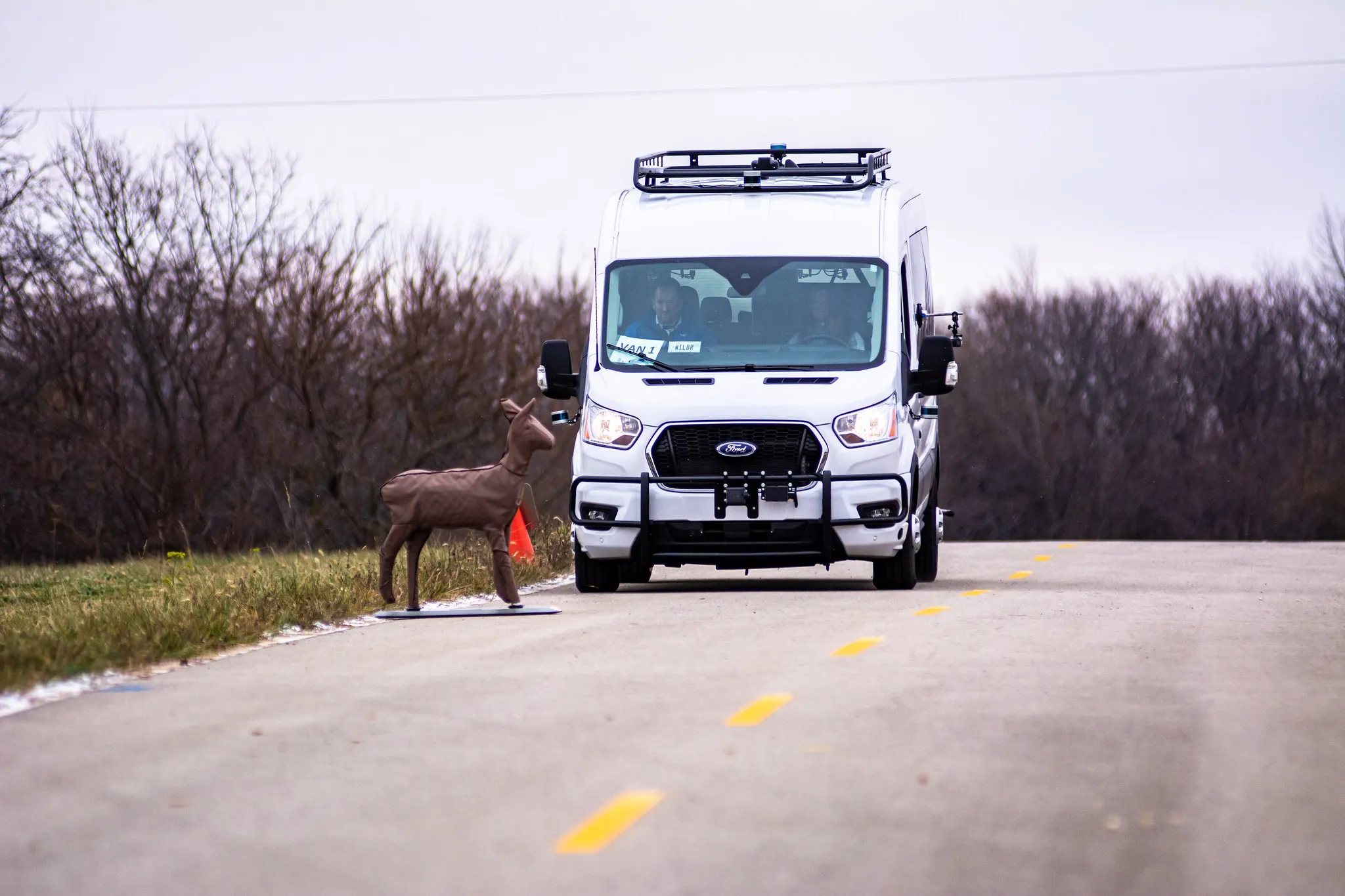The US Center for Auto Safety, Consumer Watchdog and former National Highway Traffic Administration (NHTSA) administrator Joan Claybrook have told NHTSA administrator Mark Rosekind that "you inexcusably are rushing full speed ahead" to promote the deployment of self-driving robot car technology instead of developing adequate safety standards "crucial to ensuring imperfect technologies do not kill people by being introduced into vehicles before the technology matures."
In a letter to Rosekind in response
July 29, 2016
Read time: 2 mins
The US Center for Auto Safety, Consumer Watchdog and former National Highway Traffic Administration (NHTSA) administrator Joan Claybrook have told NHTSA administrator Mark Rosekind that "you inexcusably are rushing full speed ahead" to promote the deployment of self-driving robot car technology instead of developing adequate safety standards "crucial to ensuring imperfect technologies do not kill people by being introduced into vehicles before the technology matures."
In a letter to Rosekind in response to his recent assertion that NHTSA cannot "stand idly by while we wait for the perfect" before self-driving robot car technologies are deployed, the advocates called it a ‘false dichotomy’.
"The question is not whether autonomous technology must be perfect before it hits the road, but whether safety regulators should allow demonstrably dangerous technology with no minimum safety performance standards in place, to be deployed on American highways."
The letter said the advocates were "dumbfounded” that the fatal crash of a Tesla Model S in Florida that killed a former Navy SEAL did not cause Rosekind to slow the introduction of autonomous cars on to US roads.
"Instead, you doubled down on a plan to rush robot cars to the road," the letter said.
The advocates agreed that autonomous technologies can save lives someday. However, they stressed the self-driving autonomous technologies should only be implemented after thorough testing and a public rulemaking that sets enforceable safety standards.
The National Transportation Safety Board (NTSB) preliminary report on the Tesla crash revealed that the driver was using the advanced driver assistance features Traffic-Aware Cruise Control and Autosteer lane keeping assistance. According to system performance data downloaded from the car, the indicated vehicle speed was 74 mph just prior to impact, and the posted speed limit was 65 mph. The car was also equipped with automatic emergency braking that is designed to automatically apply the brakes to reduce the severity of or assist in avoiding frontal collisions.
In a letter to Rosekind in response to his recent assertion that NHTSA cannot "stand idly by while we wait for the perfect" before self-driving robot car technologies are deployed, the advocates called it a ‘false dichotomy’.
"The question is not whether autonomous technology must be perfect before it hits the road, but whether safety regulators should allow demonstrably dangerous technology with no minimum safety performance standards in place, to be deployed on American highways."
The letter said the advocates were "dumbfounded” that the fatal crash of a Tesla Model S in Florida that killed a former Navy SEAL did not cause Rosekind to slow the introduction of autonomous cars on to US roads.
"Instead, you doubled down on a plan to rush robot cars to the road," the letter said.
The advocates agreed that autonomous technologies can save lives someday. However, they stressed the self-driving autonomous technologies should only be implemented after thorough testing and a public rulemaking that sets enforceable safety standards.
The National Transportation Safety Board (NTSB) preliminary report on the Tesla crash revealed that the driver was using the advanced driver assistance features Traffic-Aware Cruise Control and Autosteer lane keeping assistance. According to system performance data downloaded from the car, the indicated vehicle speed was 74 mph just prior to impact, and the posted speed limit was 65 mph. The car was also equipped with automatic emergency braking that is designed to automatically apply the brakes to reduce the severity of or assist in avoiding frontal collisions.







